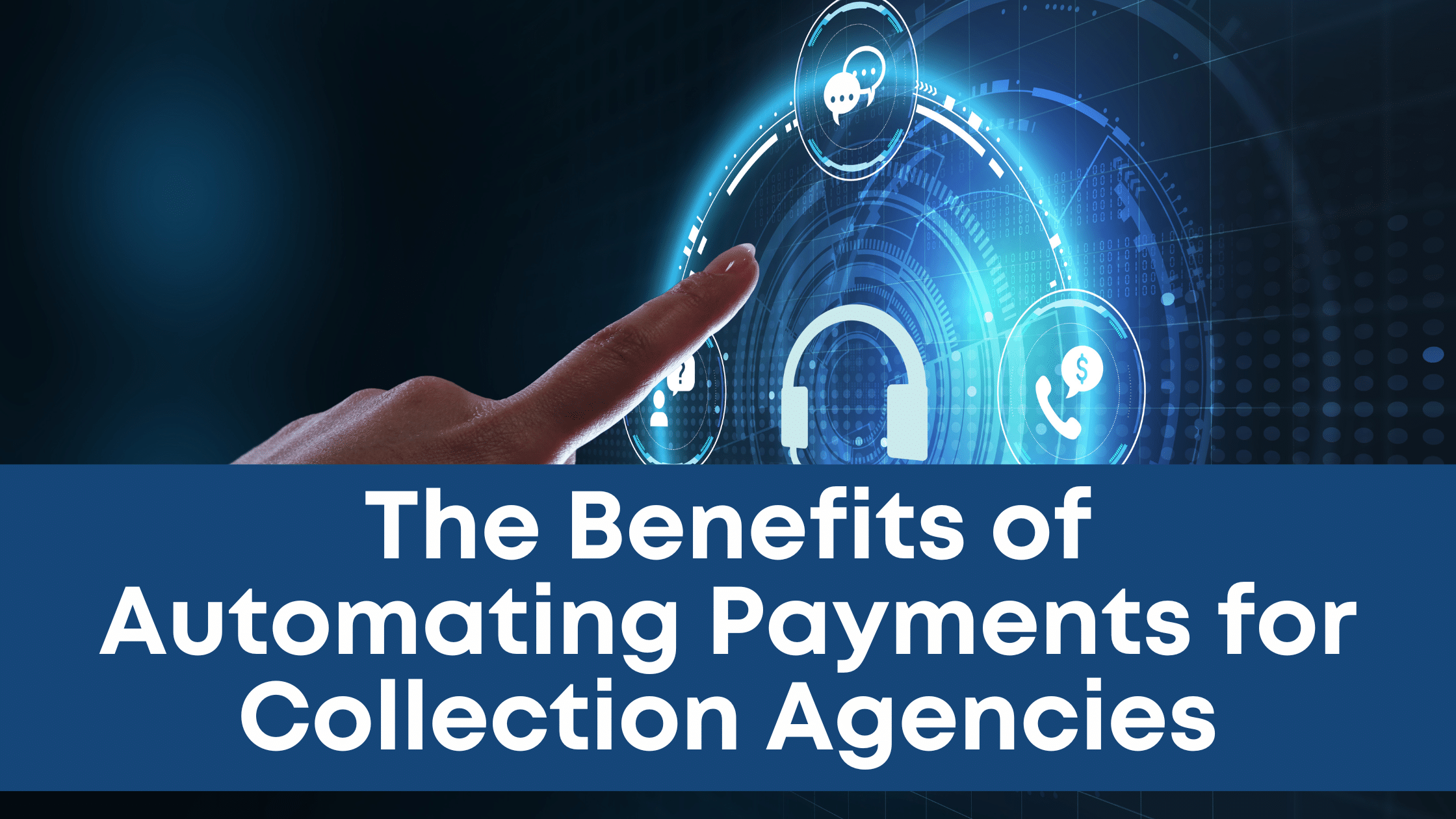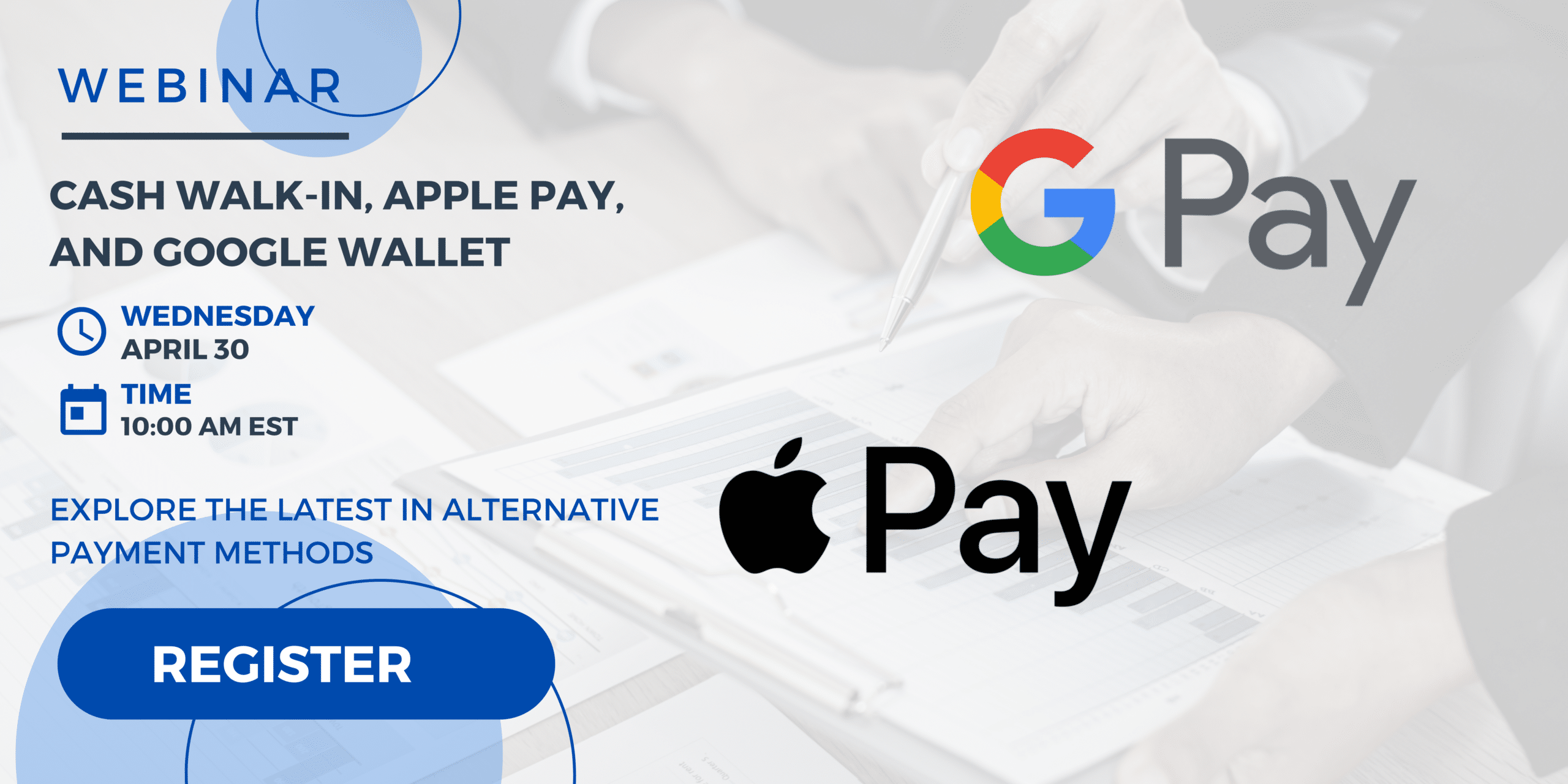As we navigate through 2024 and beyond, the comparison of payment methods becomes crucial in understanding the benefits of electronic payments over traditional paper checks.
As leaders in the payments industry, let us delve into the latest payment trends, providing expert insights into how businesses can leverage advanced payment processing solutions to enhance efficiency, security, and customer satisfaction.
A Little About The Evolution of Payments
Paper Check vs Electronic Payment
The comparison of payment methods, specifically paper check vs electronic payment, highlights a significant shift in financial operations. Paper checks have long been a trusted method for transactions (and for some industries such as Collections it still is), offering a tangible record and a sense of security.
However, they come with their set of drawbacks, such as processing delays, fraudulent payments, mail theft and the risk of forgery.
On the other hand, electronic payments provide enhanced efficiency and security. Accounts are validated in real-time, reducing the waiting period and minimizing the possibility of errors.
2024 Payment Trends
As we move through the second half of 2024, several payment trends are shaping the financial landscape. One of the most notable trends is the increasing adoption of digital wallets and mobile payment solutions, reflecting a shift towards more convenient, contactless transaction methods.
Businesses are also investing in advanced fraud detection technologies to enhance security in electronic payments.
Additionally, the integration of artificial intelligence in payment processing is revolutionizing customer experiences by enabling personalized payment solutions and predictive analytics.
These advancements highlight the ongoing evolution in the comparison of payment methods, underscoring the benefits of electronic payments in enhancing efficiency and security. Staying abreast of these trends is crucial for businesses aiming to remain competitive and meet the expectations of tech-savvy consumers.

Industry-specific Payment Solutions
The evolution of payment methods has led to the development of industry-specific payment solutions tailored to meet unique business needs. For example, in the consumer finance sector, companies like Megasys are pioneering electronic loan servicing and payments streamline processes to improve consumer experience by reducing wait times and paperwork.
In the utilities industry, automated payment systems enable seamless monthly billing, enhancing customer satisfaction and operational efficiency. Government agencies benefit from electronic payment solutions by facilitating faster disbursement of funds and improved tracking of transactions.
Financial professionals in various sectors, such as collections and finance, leverage these advanced solutions to enhance data accuracy and security.
By adopting these tailored payment methods, businesses can not only improve their internal processes but also offer a more reliable and secure transaction experience to their customers. This focus on industry-specific solutions underscores the benefits of electronic payments in addressing sector-specific challenges and optimizing financial operations.
Benefits Comparison: Paper Checks vs. Electronic Payments
Speed and Efficiency Gains
Paper Checks | Electronic Payments |
| Real-time Processing | X | ✔ |
| Improved Cash Flow Management | X | ✔ |
| Reduced Administrative Burden | X | ✔ |
| Minimized Errors and Delays | X | ✔ |
| Better Resource Allocation | X | ✔ |
| Enhanced Productivity | X | ✔ |
Security and Fraud Prevention
Paper Checks | Electronic Payments |
| Susceptibility to Theft and Forgery | ✔ | X |
| Advanced Encryption and Authentication | X | ✔ |
| Multi-Factor Authentication | X | ✔ |
| Tokenization and Biometric Verification | X | ✔ |
| Real-time Monitoring for Fraud Detection | X | ✔ |
| Building Trust with Customers and Partners | X | ✔ |
Cost Effectiveness
Paper Checks | Electronic Payments |
| High Costs for Printing, Mailing, and Processing | ✔ | X |
| Reduced Need for Manual Intervention | X | ✔ |
| Lower Labor Costs | X | ✔ |
| Minimized Errors Leading to Financial Discrepancies| X | ✔ |
| Faster Transaction Times | X | ✔ |
| Lower Transaction Fees | X | ✔ |
| Substantial Cost Savings | X | ✔ |
| Funds Redirected Toward Growth Initiatives | X | ✔ |
By comparing these features, it’s evident that electronic payments offer significant advantages in speed, efficiency, security, and cost-effectiveness, while paper checks have their limitations, particularly in susceptibility to theft and higher processing costs.

Expert Insights on the Future
Predictions for Business Owners, Financial Professionals and Tech-Savvy Consumers
Looking ahead, business owners, financial professionals, and tech-savvy consumers can all expect electronic payments to become even more integral to their operations and daily lives. The ongoing trend towards digital transformation suggests that traditional paper checks will continue to decline in usage.
Businesses that adopt electronic payment systems early will likely gain a competitive edge through increased efficiency and enhanced customer satisfaction. Innovations such as digital wallets, mobile and contactless payments, and artificial intelligence are poised to further revolutionize payment processing, offering unprecedented levels of security and personalization.
As regulatory frameworks evolve to support these advancements, businesses will find it easier to implement and scale electronic payment solutions.





